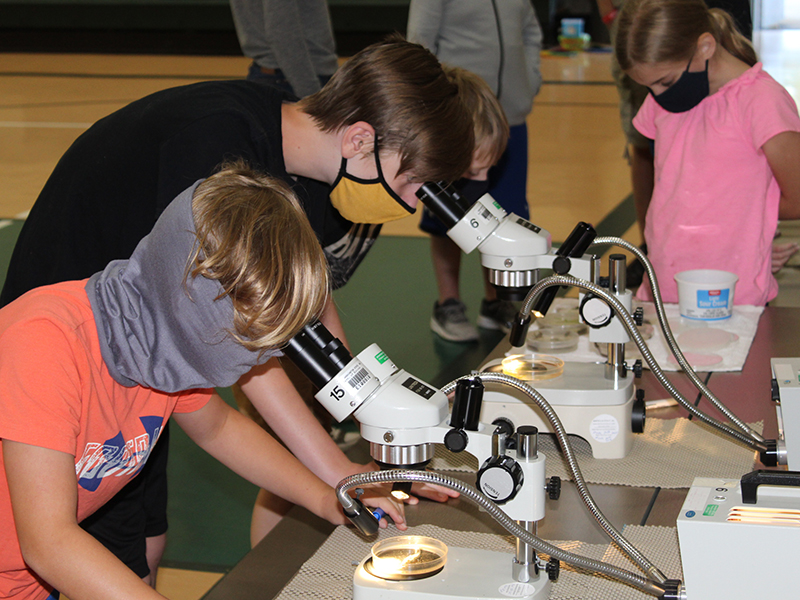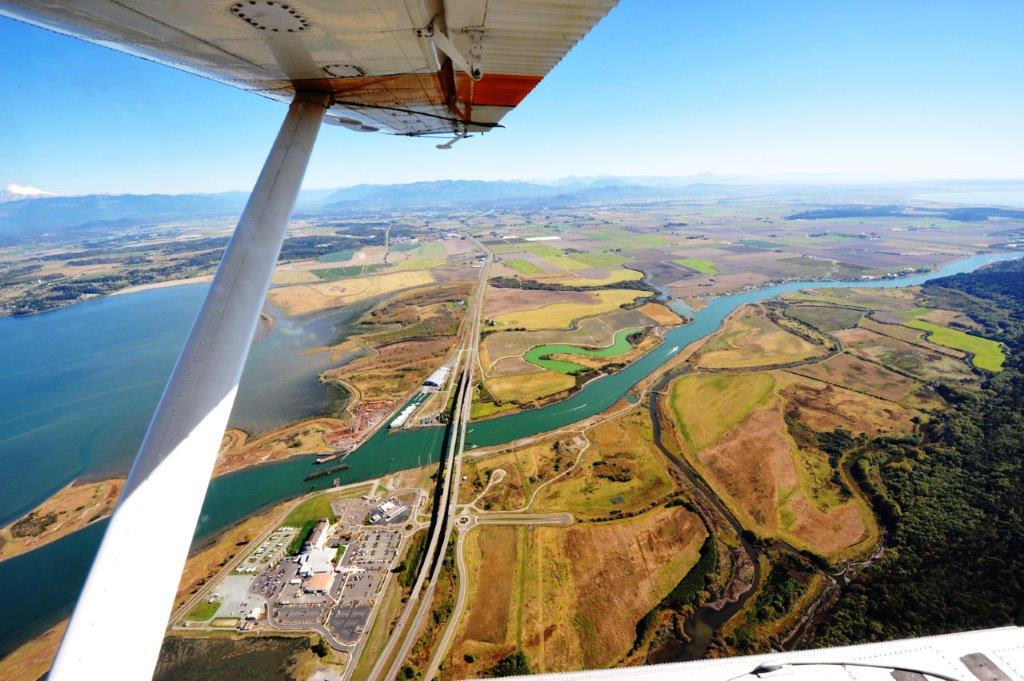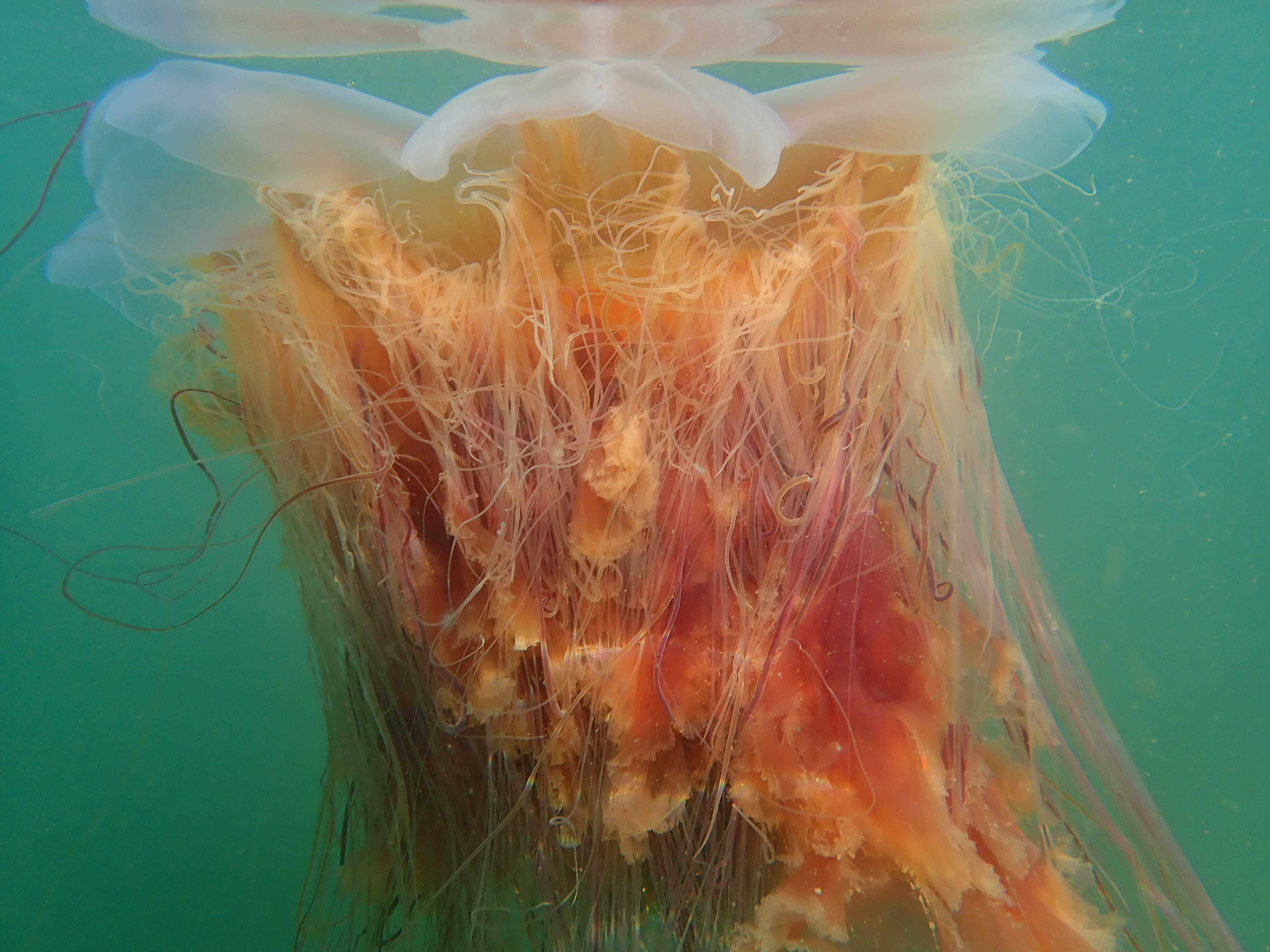
Ecology is home to hundreds of scientists. Some you may already know about. Our Oceanographer, Dr. Christopher Krembs, publishes our monthly “Eyes Over Puget Sound” report, showcasing aerial photos of algae blooms, jellyfish smacks and more. Taxonomist Dany Burgess delights readers every month with her tongue-in-cheek “Critter” stories. Laura Hermanson keeps you updated on the latest beach closures. If you’ve followed our blogs closely enough, you may even be able to name a few more.
But there’s at least one scientist you probably haven’t thought of: You!
Science isn’t just for professional scientists. There’s no better time to promote that mantra than April, also known as Community Science Month. In the coming month we have a handful of opportunities for you to get in on the applied aspects of science and contribute to the health of the environment.
Eyes Over Puget Sound
Your favorite Puget Sound-based, aerial photography publication is looking for your help. Last year, the coronavirus pandemic kept many of our scientists out of the field during what normally would have been their busiest times. Krembs said this could have resulted in a months-long blind spot in our Marine Monitoring Unit’s long-term observational data. Luckily, our fellow Washingtonians stepped up.
“One outcome from the pandemic was an increase in the number of photographs submitted by concerned individuals, showing abnormal water conditions. We received photographs of numerous algal blooms,” Krembs said. “Without these images, a whole summer of algal blooms would have gone by without much notice.”
This year, we’ll continue adding input from local photographers with the help of projects on the iNaturalist website. We’ve got three iNaturalist projects for you to choose from — Jellyfish, Algae Blooms and Macro Algae/Beach Wrack. Your contributions and photos will help us track natural phenomena around the Sound. It may even help determine the sites of future EOPS flights. Simply go to the iNaturalist website and sign up for one or more of these projects.
Test your local beaches
While the folks at our BEACH program also receive photos from Washingtonians, they actively use community scientists to help gather water samples for testing. Check out this video to learn about the volunteers who help us monitor the beaches.
But wait…there’s more
If none of these opportunities appeal to you, that doesn’t mean there isn’t a community science project for you. Learn more about community science and check out hundreds of opportunities at https://scistarter.org/citizen-science.



